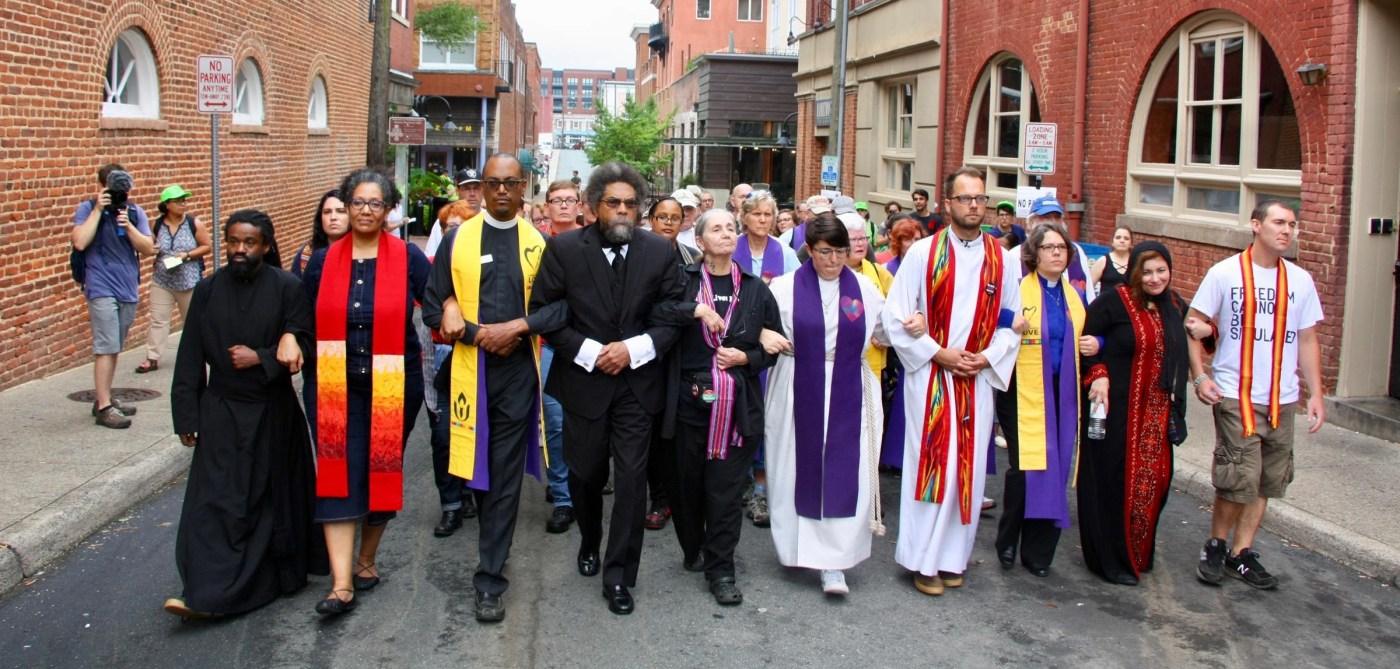“It is time for spiritual people to get active and the activist people to get spiritual. I think we need both now. In order to build the alternatives to our collapsing system which is built on structural violence we need to have a total revolution of the human spirit. We need to combine the inner revolution with the outer revolution.” — Pancho Ramos-Stierele, age 26, arrested at Occupy Oakland while mediating
The first time I walked into a Unitarian church, I was looking for spiritual sanctuary. I was still recovering from my faith transition away from the religion of my birth. Unitarian Universalism offered a community of people, many of whom also had rejected traditional Christianity for one reason or another, but like me still believed in the power of religion to effect personal and social transformation. Many of the people I met in the Unitarian church were also seeking sanctuary from a Christian-dominated culture. Others were looking for an activist community which would support their work for racial, economic, and environmental justice, women’s rights, and LGBT equality. Some people were looking for both.
Over the years, I heard some of the more activist-oriented people say that they found their spirituality in activism. Being more sanctuary-oriented at the time, I would think to myself: “Clearly you don’t know what spirituality is.” Spirituality, for me, was very inwardly focused. It had more to do with personal development than social change. It turns out, it was I that didn’t know what activism was. Over the last few years, as I have become more and more involved in activism, I have made a discovery: I have discovered a kind of spirituality in activism.
When I say “activism”, many people think of political demonstrations and marches. But activism is much broader than that. Activism includes any action which is intended to make the world more just, sustainable, and compassionate. The Unitarians who volunteer at the local soup kitchen are activists. The women in the Unitarian church who knit shawls and scarfs for others are engaged in activism. The Buddhist who leads a weekly meditation group in the Unitarian church is an activist too.
I’m engaged in different kinds of activism, but marching in protests is still one of my favorites. Most recently, I’ve participated in the Women’s March, the March for Science, and the People’s Climate March, as well as many smaller marches and demonstrations. Over time, I began to notice how marches can sometimes be a spiritual experience. Not that every march is conducive to this or that everyone experiences marches this way, but they can be spiritual experiences.

Polytheists desperately need to be active within their own communities, which are now scattered and weak, if we can call them communities. This is a local necessity that, in my view, ought to take precedence over activism, which is a universal concern. Most of the people who flock to protests and marches know little about polytheism, properly speaking, nor is it well-advised to preach to them about it if a polytheist should join. A good balance would be to conduct separate protests that would not only represent polytheists to the world together, but also give rise to a stronger community. It is here, in my opinion, that spiritual experiences truly form.